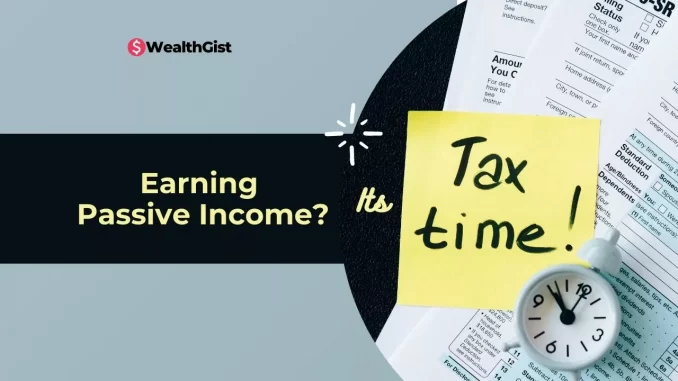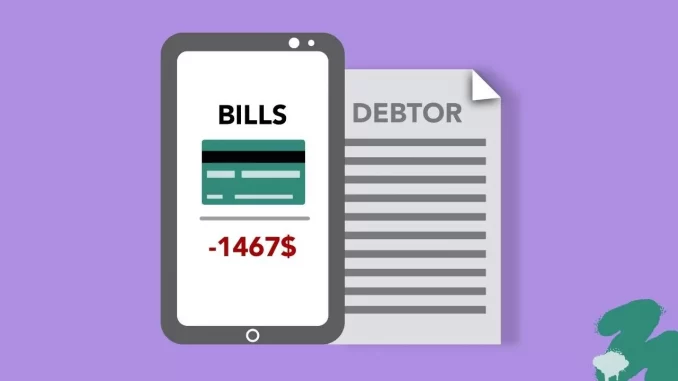Budgeting shows you how you spend your money. Therefore, it can help you set financial milestones. For example, you can build an emergency fund or save to buy a vacation home in your favorite destination as a digital nomad.
Nonetheless, many fail when budgeting because it’s a task that requires honest thoughts about how much you want to spend. For example, while minimizing your expenses, you might under budget and spend money you had aside for other things.

Another pitfall for many is forgetting to adjust their budgets as income and spending habits change. If you’re struggling to keep up with your financial goals, here’s how to make a simple budget.
Budgeting Plans For Digital Nomads
These two ways can get you started.
Zero-sum budgeting
It’s a way to justify how you spend all the money received in a month, so you allocate a portion to needs, wants, and savings.
Hence, your income and expenses balance out such that your account has zero money at the month’s end. It’s demanding as you develop a budget for each month based on what you hope to achieve financially for that duration only.
50/30/20
It also looks at the three ways you spend money: needs, wants, and savings. But it sets a template that’s easy to use every month, unlike the monthly process for zero-sum budgets. As such, 50% of your income goes to expenses you can’t do without, such as rent. Then, 30% to luxuries and wants, and 20% to savings or to clear debts.
How to Make a Practical Budget
You don’t need many resources to create a budget. There are many budgeting apps. On top of that, you can use a simple Excel spreadsheet. Here’s what to do.
Calculate Your Net Income
Calculate how much you make per month (net income). First, subtract taxes from the gross earnings before budgeting if self-employed. You can make a budget whether you earn monthly or your paychecks aren’t regular. If they’re irregular, add up everything you receive and divide it by 12 to calculate your monthly income.
While calculating this amount, know the conversion rate to local currencies, or you’ll overestimate how much you expect when you cash your checks in a new country.
On that note, it helps to keep your accounts in one country and in one financial institution to reduce conversion and money transfer fees. But you can also maintain a local account for easy access where your foreign bank is unavailable.
List Down Expenses
Separate them into fixed monthly expenses like rent and insurance and variable ones like eating out. Write down the cost of each expense. If there are some expenses without recent receipts, estimate how much you can spend on them.
Calculate Savings
Subtract expenses from income to see the amount available to save. Set a savings goal against your money income; don’t spend everything.
Reading the success stories of a digital nomad who saved over $100,000 by getting alternative accommodation can inspire you to make better decisions. Nora Dunn tried house-sitting, living on boats, and couch surfing to save on accommodation.
Tips for Financial Freedom as a Digital Nomad
Set up an Emergency Fund
It shouldn’t be in your retirement fund as this is money available in case you need to survive after losing a job contract or starting up in a new location. Save enough to pay for food, accommodation, internet access, medical emergencies, memberships, a plane ticket back home, and to replace electronics like your phone and laptop.
Set this money aside in a savings account different from where you draw money for your monthly expenses. It’s better when you have some money to get started before asking for financial help.
However, if emergencies exceed your savings, you can always get online lenders with many options to cater to your specific needs. For example, creditninja.com has personal loans, cash advances, and bad credit loans.
Adjust Your Budget Periodically
Check your budget periodically, say every month, as your income changes. You can also review bigger goals like savings and retirement at least annually to reflect your financial situation.
Set up a Retirement Fund
A percentage of your income can go to your retirement fund. It’s better to set it as a percentage instead of a fixed amount because you can increase or decrease it based on monthly income. Ultimately, set a clear retirement goal so you can divide the amount to save by the years you hope to achieve this goal.
Get Financial Help
A certified financial planner can help you create investment and savings plans. Such an expert can also help you keep up with tax laws in and out of your country when working remotely.
Final Thoughts
Seeing all your expenses listed down on paper might inspire you to make some cuts where you can save money. For example, you might opt out of weekly coffee outings to save more or find ways to use free WiFi to save on internet costs. Further, you can schedule payments for fixed expenses to avoid late fees.









